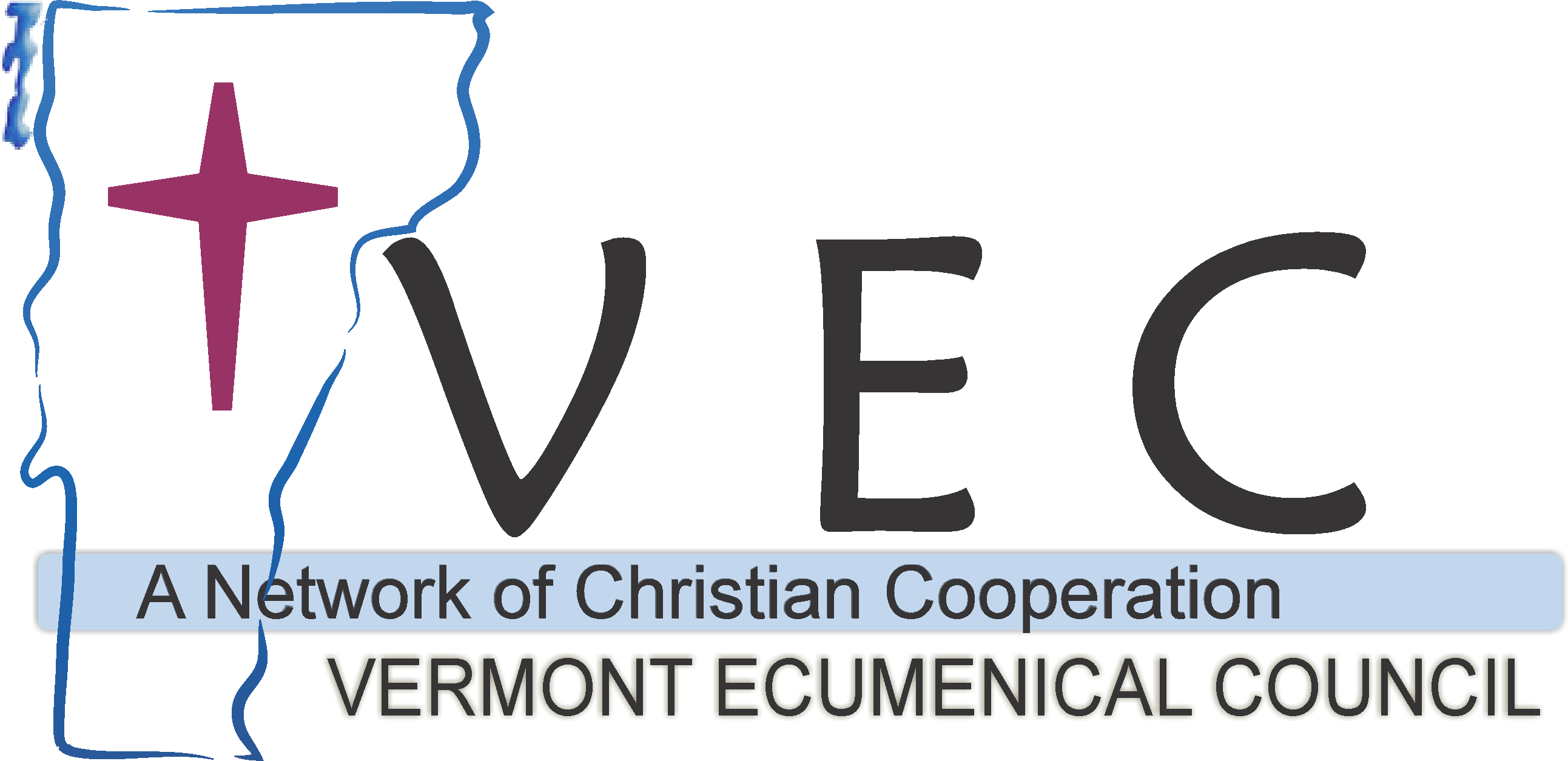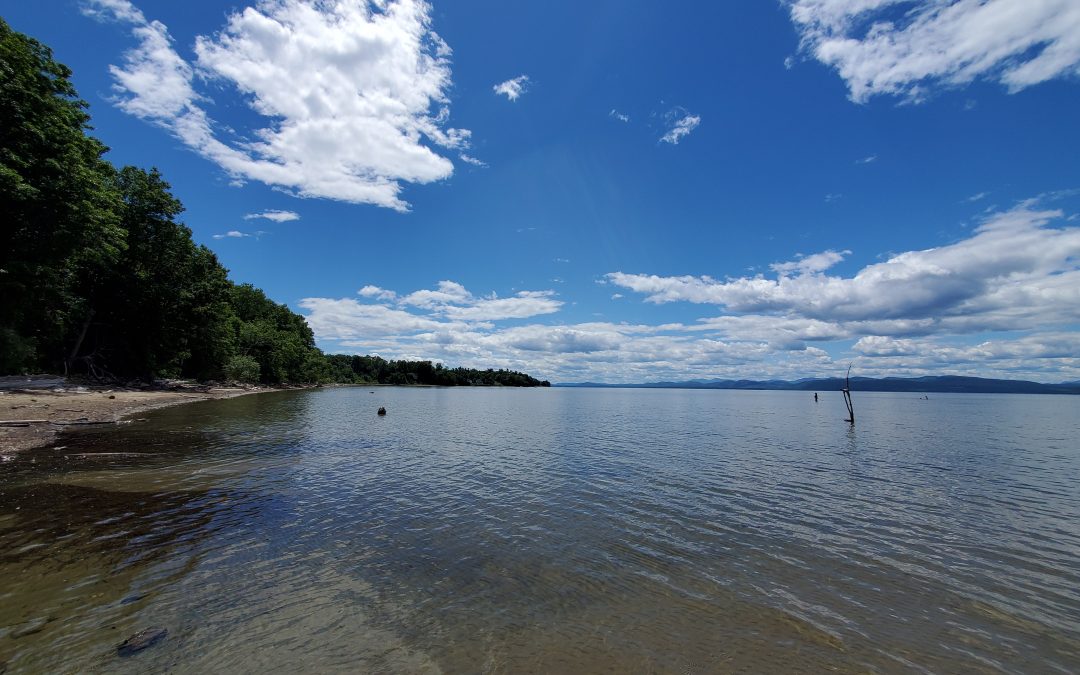The Spiritual Essence of Water and Relation Between Climate Change and Water
No one yet knows the true origins of water, but a story might be something like this: The Big Bang, a possible way through which God created the world, created hydrogen; stellar evolution reformulated this element into oxygen, the two combining into the H2O molecule. Then, in interstellar space, water and other substances over eons condensed and froze, coating planetesimals with ice, which may have collided with the planets, including Earth. In our solar system water is or was present in each of the Sun’s planets, with different fates. At least 60% of the adult human body is water.
We humans emerged over evolutionary time from being water beings.
But this is a scientific description of water, the elixir of life. Water is also spiritually significant in all the world’s traditions. In the Islamic tradition, the purity of water reflects the soul’s ability to purify itself in relation to God through prayer and meditation. In the Bible, the first sentence in the first book, Genesis, states that God’s spirit (or wind) was moving over the face of the waters. We can perhaps sense this wind from over the waters when we stand at the lake shore or even here in the wondrously beautiful part of creation.
In the Hindu, Jewish, and Christian traditions water is seen as a purifying substance. The biblical understanding that the Earth should rest, be given a Sabbath, extends to water, too.
Japanese people sense that the soul recognizes itself when it beholds water, so Japanese will gaze for hours at a temple pond.
Jesus movingly says to the Samaritan woman at the well: “If you knew who was asking you for water, you would ask him for living water. The water that I will give will become…a spring of water gushing up to eternal life.” (John 4:13)
St. Francis sprayed, “Praise be you, O Lord, for sister water, who is very useful, humble, precious, and chaste.”
Following St. Francis’ description, we may say that water is humble, in taking different on varied forms (ice, steam, running water, mist, snow). Water is useful in that as the origin of life. It contains all possibilities and makes all things possible; 2/3 of planet is water so that Planet Earth should more rightly be named Water.
Water is precious, too; only 3 % of Earth’s water is fresh, and much of that is frozen in ice. Water is chaste. Water reminds us that we live in a contained world, with boundaries; that the consequences of polluting water is always communal, because there is always someone or some community living downstream.
And water chaste, too, and vulnerable, as the effects of climate change are revealed in water, causing water to dry up, or host toxic algae blooms, to absorb pollutants, and lose its ability to be living water, naturally home to myriad fish, crustaceans, and amphibians, and plant life. Lakes and streams become dead, and the sea has dead zones. Climate change kills coral reefs, which protect coastlines from the damaging effects of wave action and tropical storms, provide habitats and shelter for many marine organisms, and are the source of nitrogen and other essential nutrients for marine food chains.
The VT Humanities Council in 2021 provided excellent presentations on climate change. Bill McKibben said that each day carbon dioxide emissions create the heat equivalent to 500,000 atomic bomb explosions; we have melted most of the Sea Ice in the summer Arctic and changed the jet stream, which affects water and air temperatures, then affecting the migration and well-being of many species. Of 37 major aquifers, 11 are in retreat. Millions of species are going extinct, 1 mammal in 4. Between 2010-2070 global wildlife populations have been cut in half.
We are now citizens of a geologic age called the Anthropocene, in which humans have the greatest power over Earth’s functioning. But who are “we”? People who cause climate change are less affected than people who suffer; the 2020 hurricane Iota in Honduras caused 40% reduction in the measures of economic well-being, while barely affecting the US; yet we in the US are responsible for ¼ of the world’s emissions.
Environmental Justice issues often concern water. For example,
“Line 3 is a proposed pipeline expansion to bring nearly a million barrels of tar sands per day from Alberta, Canada to Superior, Wisconsin. It was proposed in 2014 by Enbridge, a Canadian pipeline company responsible for the largest inland oil spill in the US. Enbridge seeks to build a new pipeline corridor through untouched wetlands and the treaty territory of Anishinaabe peoples, through the Mississippi River headwaters to the shore of Lake Superior.” (https://www.stopline3.org)
Our situation regarding the many problems that face the human family is very difficult, perhaps dire. News article capture the sense of alarm and catastrophe: they are apocalyptic: “’We’re Losing the War on Climate Change’ (CNN),…’The Insect Apocalypse is Here’ (New York Times),…’Time to Panic’ (New York Times), “End of Civilization: Climate Change Apocalypse Could Start by 2050 If We don’t Act” (USA Today)” (Sarah Jaquette Ray, A Field Guide to Climate Anxiety, p. 80).
Disappointingly to those of us very concerned about climate change, sociologist Kari Norgaard writes, “More Americans can imagine the ‘end of the world,’ than can envision a switch from using fossil fuels or an economic order other than capitalism.” (A Field Guide,, p. 38).
What can be done?
Spiritual and faith communities can work with many other groups while lifting up a vision of abundant life for all, of collaboration, cooperation, resilience instead of exploitation, extraction, dominion and economic growth. To, as McKibben said, “meet the needs of all people within the needs of our living planet.”
Sarah Jaquette Ray, author of A Field Guide to Climate Anxiety: How to Keep Your Cool on a Warming Planet. She taught college students. She believed that in giving fact and figures such as I just did would galvanize her students; instead all of the knowledge depressed them, helped them to feel guilty and disempowered.
She decided there needed to be a different approach. Here are some of her thoughts:
It is very important for each person and group to discern the critical area of expertise or effectiveness, plan actions, which can be small or larger,
and also keep healthy and balanced to be in the struggle for healing in the long haul
and to know about and support groups that offer solutions, so that one doesn’t feel alone.
Her chapters include “Get Schooled on the Role of Emotions in Climate Justice Work,” “Claim Your Calling and Scale Your Action,” “Be Less Right and More in Relation,” “Move Beyond Hope, Ditch Guilt, and Laugh More,” “Resist Burnout,” and “Feed What You Want to Grow.” .
Several of us at Ascension Lutheran Church in S. Burlington have been working with ECHO and All Souls and the Lake Champlain Maritime Museum to create the Sacred Waters Event at Shelburne Bay, on the second Saturday in September, in which 50 people participated this past year. The participants were so glad to be out on the lake, with time for meditation and silence, after an interfaith circle blessing, including a beginning blessing by Chief Don Stevens, Chief of the Nulhegan Band of the Coosuk – Abenaki Nation, and to hear from scientists at the Lake Champlain Maritime Museum about the Bay and the LaPlatte River, because the LaPlatte River watershed flowing into Shelburne Bay is a Class 1 Wetland, for example, with endangered freshwater mussels:
“Class I wetlands are exceptional or irreplaceable in their contribution to Vermont’s natural heritage. They provide unmatched environmental functions and values and therefore merit the highest level of protection.”
(https://dec.vermont.gov/watershed/wetlands/class1wetlands)
We also produced the watershed stewardship manual after worshiping, studying, and advocating for clean water.
Are we kept spiritually sane and whole by joining people of all the ages in recognizing water as the supreme life essence, even reverencing it as not only foundational to physical but also spiritual existence? And in reverencing Earth, Planet Water, and the entire web of life? Keeping alive the understanding of interconnectedness, of sacredness in all things, and of a community acting together to heal and protect.
When we heal water, when we heal Earth, we heal ourselves.
The Rev. Dr. Nancy Wright
Ascension Lutheran Church, S. Burlington, VT
*Notes for presentations given at All Souls Interfaith Gathering and Congregation Ruach haMaqom in Fall, 2021.

